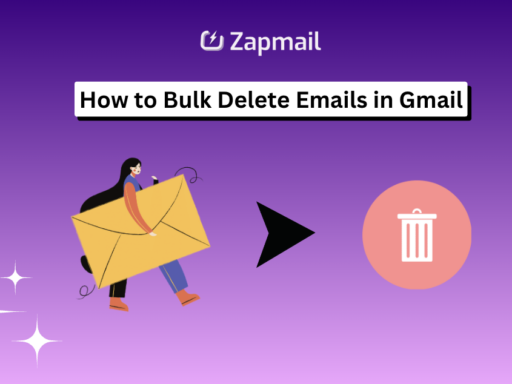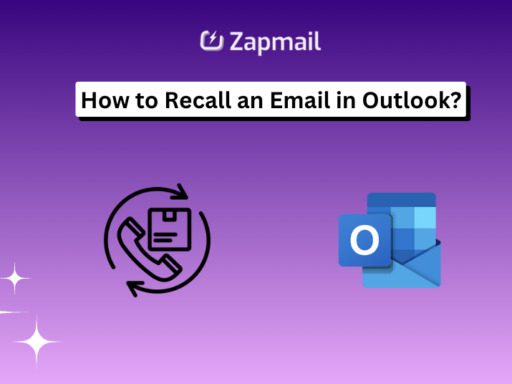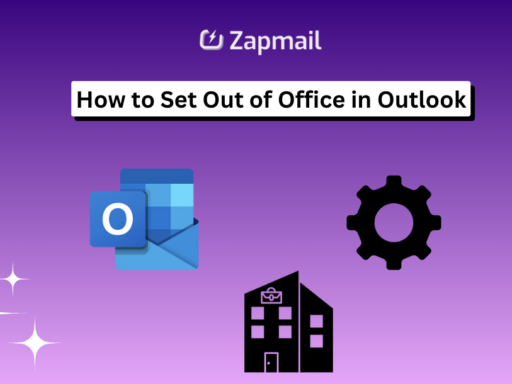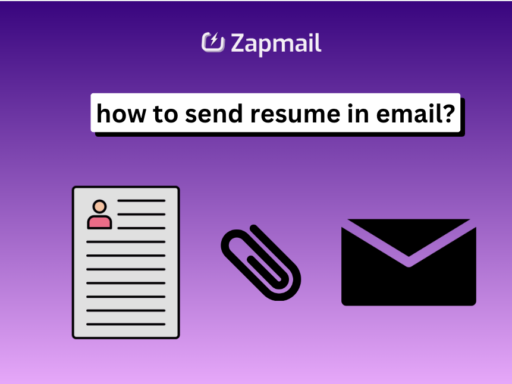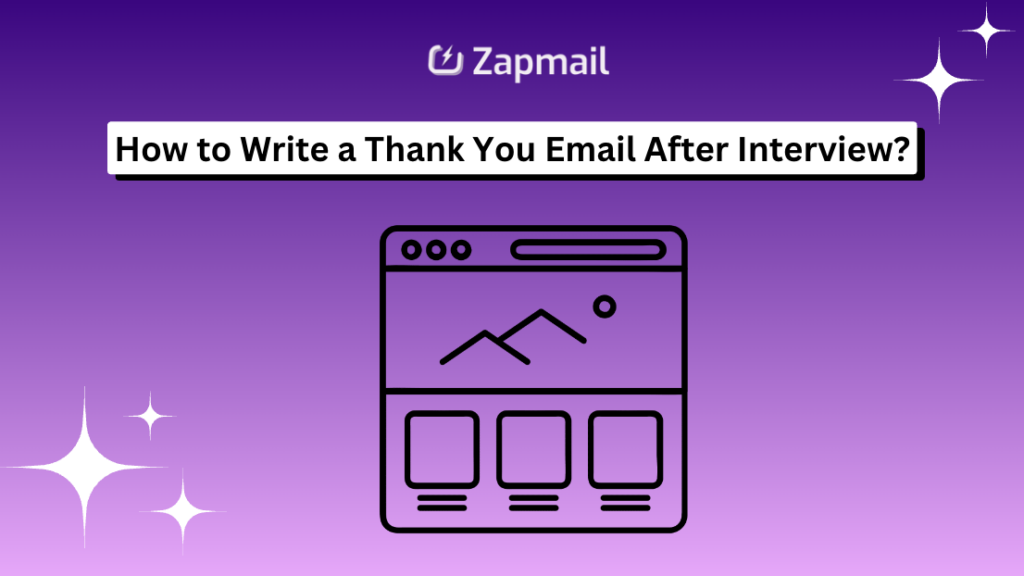
In today’s job market, a simple gesture can make a big difference. Ever thought, “What if I could stand out and leave a lasting impression on my interviewer?” A well-written thank you email after an interview might just do the trick. But how do you make sure your message is noticed and remembered by the hiring manager?
Writing a good thank you email after an interview is a smart move. It can help you get noticed and show you’re really interested in the job. By sending a timely, personalized, and professional email, you can show you’re serious about the opportunity.
Key Takeaways
- Sending a thank-you email after an interview can help you stand out, as 80-90% of candidates fail to do so.
- Tailoring the thank-you note to the recipient can make a positive impression and showcase your attentiveness.
- Brevity is key – aim for three 2-3 sentence paragraphs at most to keep the message concise and impactful.
- Unique approaches, such as focusing on impact for executives, may be required in certain industries.
- While email is the primary method, additional formats like LinkedIn messages or handwritten notes can also be effective.
The Importance of Post-Interview Thank You Emails
Post-interview thank you emails are key in the hiring process. In fact, 68% of hiring managers and recruiters say a thank-you email can sway their decision. Also, nearly 1 in 5 interviewers have ruled out a candidate for not sending a thank-you email or note.
Impact on Hiring Decisions
Sending a proper thank-you note can boost your job chances. It shows you’re excited about the role and serious about the hiring process. If you address any concerns from the interviewer, it can help you move forward.
Building Professional Relationships
Thank you emails help build professional ties with your interviewers. They give you a chance to highlight your skills and thank them for their time. By personalizing each email, you can stand out and make a stronger connection.
Standing Out from Other Candidates
In a competitive job market, a thank-you email can make you stand out. Recent data shows 7% of professionals never send thank-you notes after interviews. A thoughtful, personalized message shows your professionalism and enthusiasm for the role.
Why Timing Matters in Sending Thank You Emails
Timing is crucial when sending a thank you email after an interview. Hiring managers usually expect a follow-up within 24 hours. A quick email shows you’re interested and professional, keeping you on their mind.
Research shows that 76% of job seekers forget to send thank-you emails. Yet, 80% of hiring managers find them useful. In fact, 22% of employers might not hire someone without a thank-you note. And 91% of them appreciate getting one.
The best time to send a thank-you email is within 30 minutes to 2 hours after the interview. This shows you’re eager and respectful. Sending it the next day can also make a good impression.
Waiting two days to send your interview follow-up timing can be smart. It’s especially good if the interview was earlier in the week. This way, your prompt thank you note arrives just before the weekend or a new week starts. Still, aim to send it within 48 hours.
Personalizing your thank-you email is key. Mention a specific moment or topic from the interview. This shows you’re engaged and can add value. The goal is to be both prompt and thoughtful, leaving a lasting positive impression.
Essential Components of a Professional Thank You Email
Writing a thank you email is key to making a good impression on your interviewer. It shows you’re professional. This email should have important parts to make a strong impact.
Subject Line Best Practices
Start with a clear subject line that shows your purpose. A simple “Thank you” or “Thank you for the interview” is best. Avoid long or vague subject lines that might get missed.
Opening Paragraph Structure
Begin with a greeting that addresses the person by name. Say thank you for the chance to interview. Show you value their time and thought.
Body Content Guidelines
- Show you’re still interested in the job and how you fit the role.
- Mention something special from the interview that caught your attention.
- Talk about your strengths and how they can help the company.
- End with a professional sign-off like “Sincerely” or “Best regards,” and include your name and contact info.
With these key parts, your thank you email will show your professionalism and real interest in the job. It will help you stand out from other candidates.
Crafting the Perfect Subject Line
First impressions matter a lot in email subject lines. Your follow-up subject line should be clear and to the point. It should tell the reader why you’re emailing them right away.
In 2024, the US saw a huge jump in job applications, up 31% from 2023. Yet, only 7% more job openings were created. With companies often interviewing 6-10 people for each job, your subject line must grab attention.
It’s best to send a thank you email within 24 hours after an interview. Waiting too long can lessen its impact. Using an AI email assistant can help make your subject line quick and tailored.
Make your subject line short and to the point. iPhones cut off subject lines at about 40 characters. Including “Thank you” or other personal touches can make your email stand out.
Personalizing Your Thank You Message
Writing a personalized thank you email after an interview is key to standing out. It shows you’re really interested in the job. By mentioning specific details from your interview and showing you fit the company’s culture, you make a strong impression. This can help you get a callback.
Referencing Interview Conversations
Make sure to talk about important topics from your interview in your thank you email. It shows you were fully present and thoughtful. Talk about specific ideas or questions that came up, and how you can help solve them.
This approach strengthens your case for the job. It shows you’re not just applying out of habit, but because you really want to be there.
Demonstrating Cultural Fit
- Explain how your values and goals match the company’s mission and culture.
- Share any common interests or passions you found during the interview. Explain how they relate to the company’s work.
- Show your excitement about joining a team that values cultural alignment. Express your eagerness to help the company succeed.
By making your thank you message unique for each interviewer, you create a strong connection. This shows your personalized thank you and proves you’re a good fit for the role and interview callback.
Thank You Email After Interview: Key Elements and Structure
Writing a great thank you email after an interview is key in your job search. It’s a chance to say thank you, show you’re still interested, and prove you’re the right fit. By focusing on how to write it well, you can stand out from others.
The main parts of a good thank you email are:
- Expressing sincere gratitude for the interviewer’s time and consideration
- Restating your interest in the position and enthusiasm for the opportunity
- Highlighting your relevant qualifications and how they align with the role
- Referencing specific points discussed during the interview and how you can contribute
- Reaffirming your interest and availability for any additional information or next steps
The email should be easy to follow. Start with a friendly hello, then the main content, and end with a professional goodbye and your name. Aim for a mix of excitement and professionalism to make a lasting impression.
Common Mistakes to Avoid in Follow-up Emails
After a job interview, sending a thank-you email is key. But even experts can make mistakes in email etiquette. Stay away from these errors to make your follow-up email stand out.
Length and Formatting Issues
Your email should be short and to the point. Hiring managers are always in a rush. Stick to a few paragraphs that show your thanks and why you’re a good fit.
Also, make sure your email looks good. Use clear headings, short paragraphs, and bullet points. This makes your message easy to read.
Tone and Professionalism Pitfalls
- Always keep your tone professional and polite. Stay away from casual language or too many exclamation marks. They can make you seem desperate or unprofessional.
- Double-check your email for spelling and grammar mistakes. Errors can hurt your credibility and show you’re not detail-oriented.
- Don’t ask for feedback on your interview in the email. Keep it simple by expressing your thanks and reiterating your interest in the role.
Avoiding these mistakes will help you write a follow-up email that impresses. It shows you’re serious about professional communication.
Following Up with Multiple Interviewers
Meeting with a panel of interviewers can be challenging. But, sending personalized thank you emails to each is key. It shows you’re really interested in the job.
Don’t send just one email to everyone. Instead, write a special message for each person. This shows you listened and valued their thoughts.
- Remember the topics and questions you talked about with each one. Show how their advice helped you understand the job better.
- Thank them for their time and for sharing about the company and team.
- Let them know you’re still excited about the job and eager to join.
Keep your message consistent, but make each email unique. This way, you’ll stand out from others who just sent one email.
Writing separate thank you emails shows you’re serious about the job. It also shows respect for each interviewer’s time and input. This can really help your chances and build strong professional connections.
Strategies for Remote Interview Thank You Emails
In today’s world, virtual interviews are common. So, sending a thank you email after one needs a special touch. Start by mentioning the virtual interview and any tech issues that came up. This shows you can work well from a distance, a big plus in today’s job market.
Virtual Interview Considerations
Start your email by talking about the virtual interview. Say thanks for the interviewer’s flexibility in meeting online. If tech problems happened, mention them and show you’re okay with working online.
Technical Discussion Follow-ups
- Point out any tech topics or problems you talked about that showed you’re good at remote work.
- Show you’re really interested in the job and think you’ll do well working from home.
- Give more details or clear up any tech parts of your experience that were discussed.
Talking about the virtual interview and showing you’re good at remote work can make you stand out. It leaves a strong impression on the hiring manager.
Adding Value in Your Thank You Message
The thank you email after an interview is more than just a courtesy. It’s a chance to show your worth and initiative. By carefully writing your message, you can make a strong impression. This helps you stand out as the perfect candidate for the job.
Sharing new insights or ideas about the job or company is a smart move. You could share a piece of your work, offer fresh solutions to interview challenges, or highlight how your skills match the employer’s needs. This shows you’re not just thankful but also eager to help the company succeed.
- Share a relevant work sample that showcases your skills and expertise
- Propose ideas or solutions that address challenges discussed during the interview
- Elaborate on your qualifications and how they align with the employer’s requirements
Also, the thank you email is a chance to show you really want the job and fit in with the company culture. By mentioning specific parts of your conversation, you show you’re genuinely interested. This personal touch can make you more memorable to the hiring team.
Getting the balance right between saying thank you and adding value can make a big difference. It can help you move closer to getting the job.
Thank You Email Examples for Different Interview Stages
As you go through the interview process, sending tailored thank you notes can really help. The message and tone of your emails should change as you move forward. This shows you’re more excited and right for the job.
First Round Interview Templates
After a first phone or video call, your thank you email should be sincere. It should mention important points from your talk and show you’re still interested. Keep it professional but friendly, and don’t ask for too much.
Final Round Follow-ups
In later interviews, like in-person meetings, your thank you notes should be more enthusiastic. Talk about specific things you discussed and how you fit with the company’s values. Also, share any new ideas you had.
It’s important to follow up quickly, no matter the stage. Try to send your thank you email within 24 hours. This keeps the interviewer’s memory fresh and shows you’re proactive. Make sure to personalize your email to leave a strong impression.
Appropriate Length and Format Guidelines
When writing a thank you email after an interview, keep it short and professional. Your email should be brief, with no more than three short paragraphs. This makes it easy to read, especially for busy hiring managers who check emails on the move.
It’s also important to keep the format professional. Use clear spacing, proper paragraph breaks, and a clean layout. This makes your email easy to read and shows you pay attention to details. Remember, your email should look good on all devices, including phones, since many people check emails on their phones.
- Aim for a thank you email length of approximately 5 sentences
- Use a professional and concise format, with clear structure and spacing
- Ensure the email is easily readable on different devices, including smartphones
Following these email length and professional formatting tips will help you write a thank you email that makes a strong impression. It will also show you’re a good fit for the job.
Building on Interview Conversations in Your Email
When writing your thank-you email after an interview, make sure to mention specific points from your talk. This shows you were fully engaged and paying close attention. It also helps you show how you match the job’s needs, covering any topics you didn’t fully discuss.
For example, if the interviewer talked about a big challenge the team faces, you can explain how your skills can help solve it. If you discussed the company’s culture and values, you can share how your work style fits right in.
By mentioning the interview callback and specific conversation follow-up points, you show the interviewer you were really listening. This can make you stand out and show you’re the best fit for the job.
Professional Closing Statements and Signatures
When you finish your post-interview thank you email, it’s key to end well. The closing and your email signature can leave a big mark on the hiring manager. By picking the right parts, you show you care about details and want to keep a good relationship.
Sign-off Options
For sign-offs, go for “Best regards,” “Sincerely,” “Thank you,” or “Respectfully.” Stay away from casual ones like “Cheers” or “Talk to you soon.” You want to be formal but friendly.
Contact Information Inclusion
Make sure to add your full name and how to reach you, like phone number and email. You might also include links to your professional profiles or LinkedIn page if they fit the job. This makes it easy for the hiring manager to find more about you.
With a careful closing, you can make a strong, lasting impression. A professional signature and closing wrap up your thank you message. They show you’re serious about the job.
When to Send Follow-up Messages After No Response
Dealing with the interview process can be challenging, especially when you don’t get a reply to your first thank you email. It’s important to be proactive but not too pushy. A good rule of thumb is to wait at least a week before sending a follow-up email if you haven’t heard back.
Your follow-up email should be short and polite. It should show you’re still interested in the job and ask about your application’s status. This keeps you in the hiring manager’s mind without being a bother. If you still don’t get a response after a week, you can send another follow-up, keeping in mind their busy schedule.
Companies value candidates who keep showing interest, even if it takes time. Things like urgent projects and the hiring manager’s availability can slow down the interview process. Try not to take it personally. With patience and a professional attitude, you can stay engaged and respect the employer’s process.
If you’ve tried several follow-ups without success, think about reaching out to another person in the company. Make sure to wait at least a week between each email to avoid coming on too strong. Your goal is to show your eagerness for the role while keeping the conversation positive and helpful.
In the end, finding the right balance between timing and follow-up is key. By being patient, professional, and persistent, you can boost your chances of getting the job or getting valuable feedback for your next application.
Read Here : Funny Email Sign Offs
Conclusion
Writing a good thank you email after an interview is key to getting hired. It shows you care and are serious about the job. We’ve shared tips to help you make a strong impression.
It’s important to send a message that’s both timely and personal. Avoiding common errors is also crucial. Whether it’s a virtual or in-person interview, the goal is the same. You want to show you’re a good fit and excited about the job.
As you look for jobs, using these interview success tips and job application best practices will help you stand out. By doing this, you’ll increase your chances of getting hired. Plus, you’ll make important connections in your field.
FAQ
Sending a thank you email after an interview is key. It leaves a good impression and can sway hiring decisions. These emails show you’re interested and professional, setting you apart.
It’s important to send a thank you email quickly. Most hiring managers want it within 24 hours. A prompt email shows you’re eager and professional.
A good thank you email has a clear subject line and a personal greeting. It should express gratitude and reaffirm your interest in the job. Highlight your qualifications and end with a professional closing.
Personalization is crucial. Mention specific topics from the interview to show you were engaged. Also, show you understand the company culture and how you fit in.
Don’t make your email too long or use informal language. Avoid asking for extra work. Keep it professional and error-free.
For panel interviews, you can send individual emails or one to all. Customize each message to reflect your conversations with each interviewer.
Use the email to add value. Share more thoughts on the interview, provide a work sample, or suggest ideas. This shows your enthusiasm and potential.
